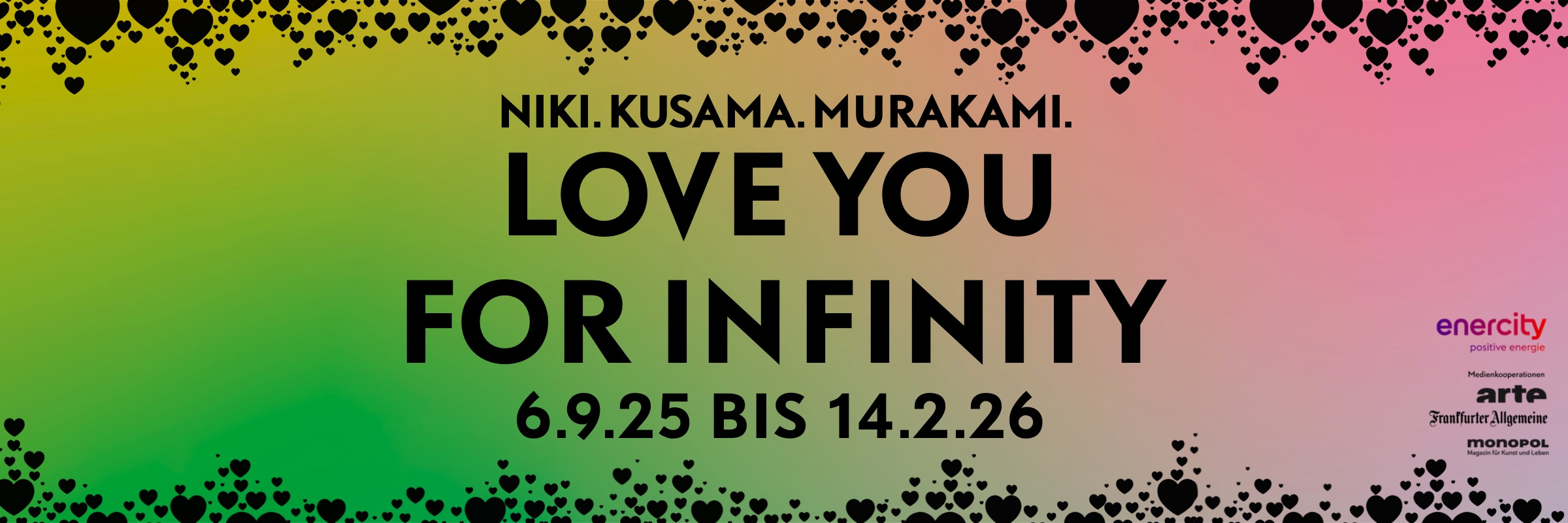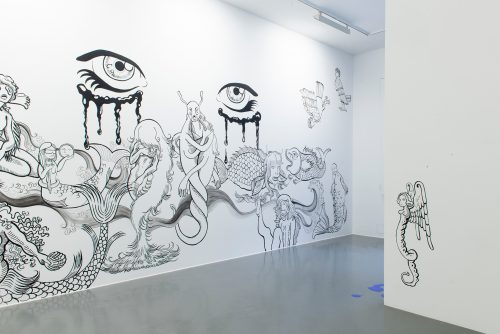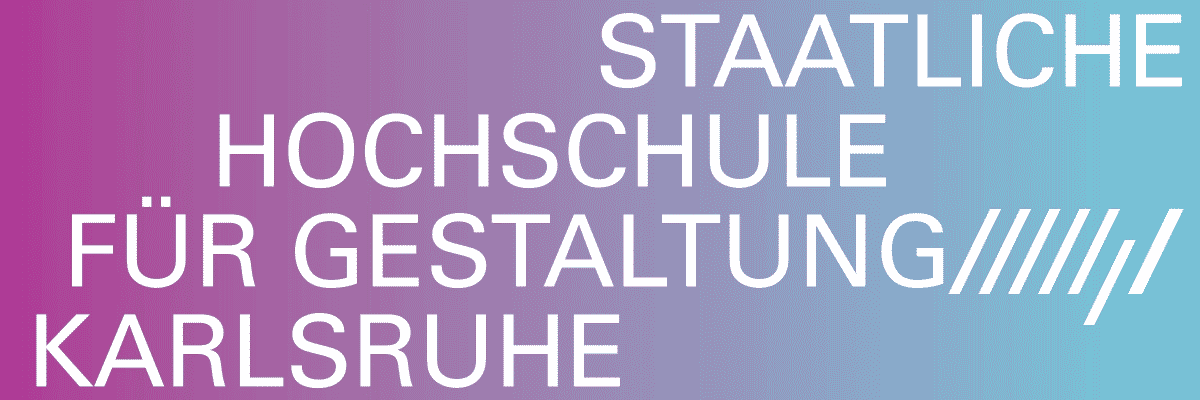
DANIELA GRABOSCH
WE ARE ALL ENTANGLED HYBRID ORGANISMS HERE.*¹
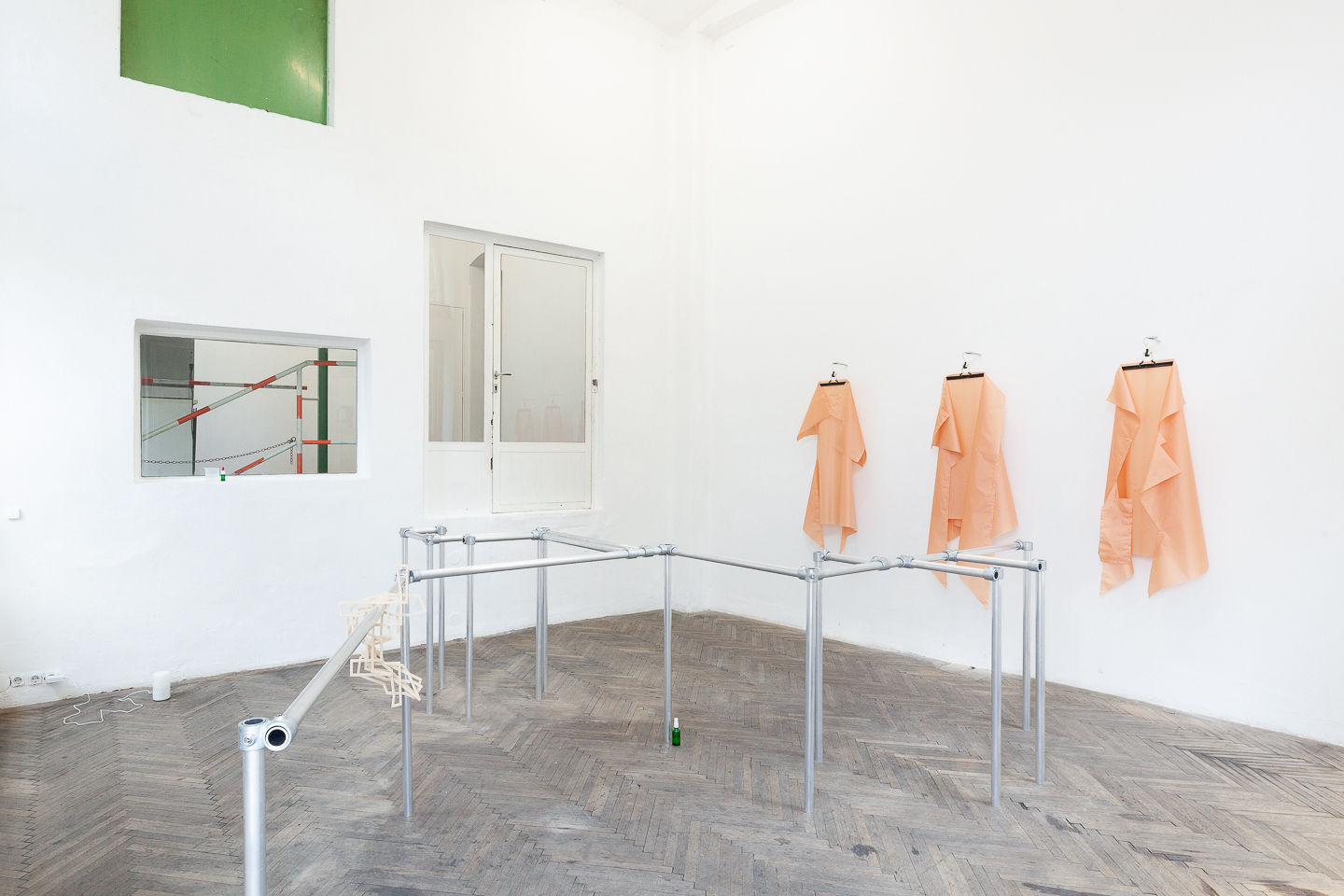
Installation view, Daniela Grabosch - WE ARE ALL ENTANGLED HYBRID ORGANISMS HERE., new jörg, 2023
Advertisement
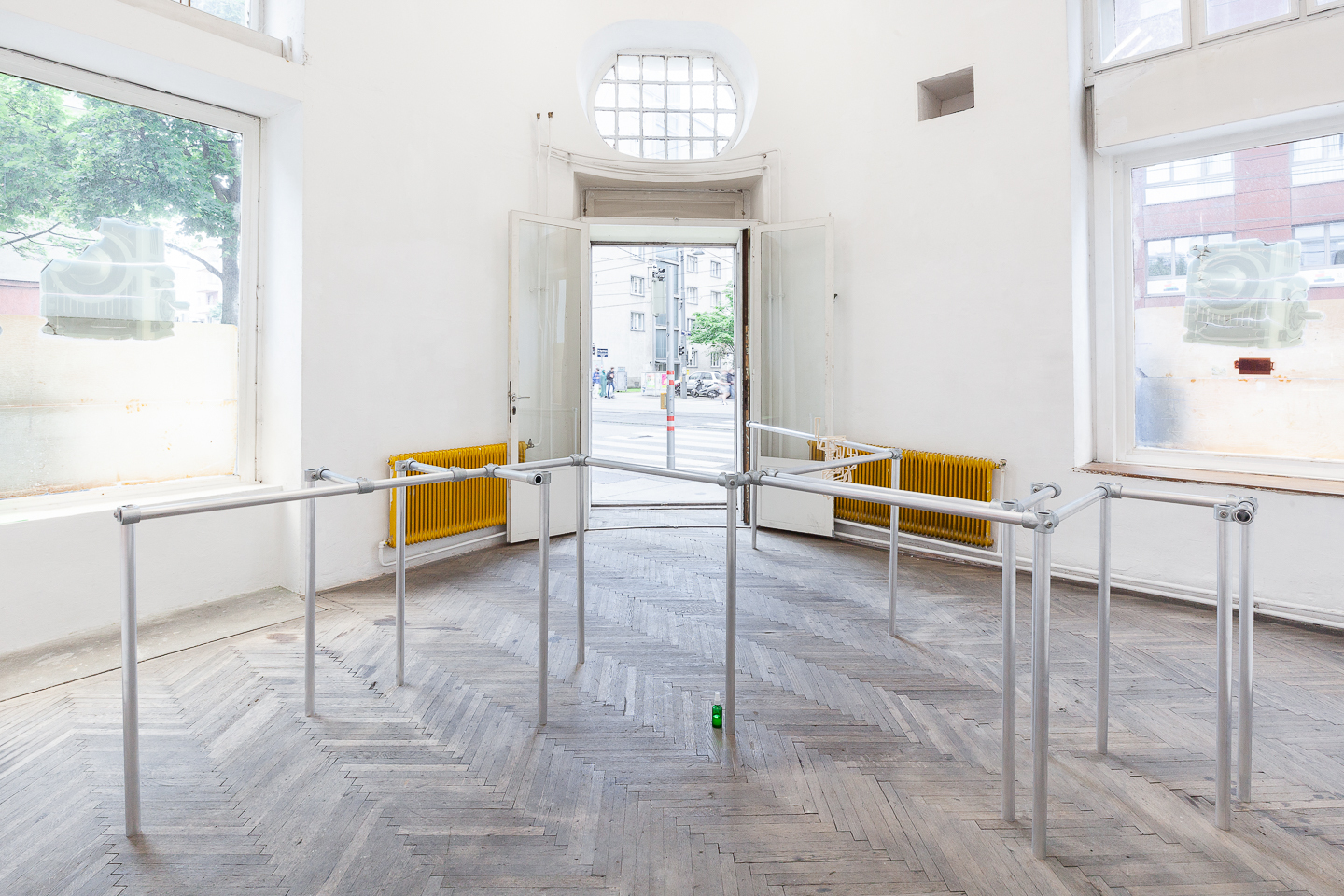
Installation view, Daniela Grabosch - WE ARE ALL ENTANGLED HYBRID ORGANISMS HERE., new jörg, 2023
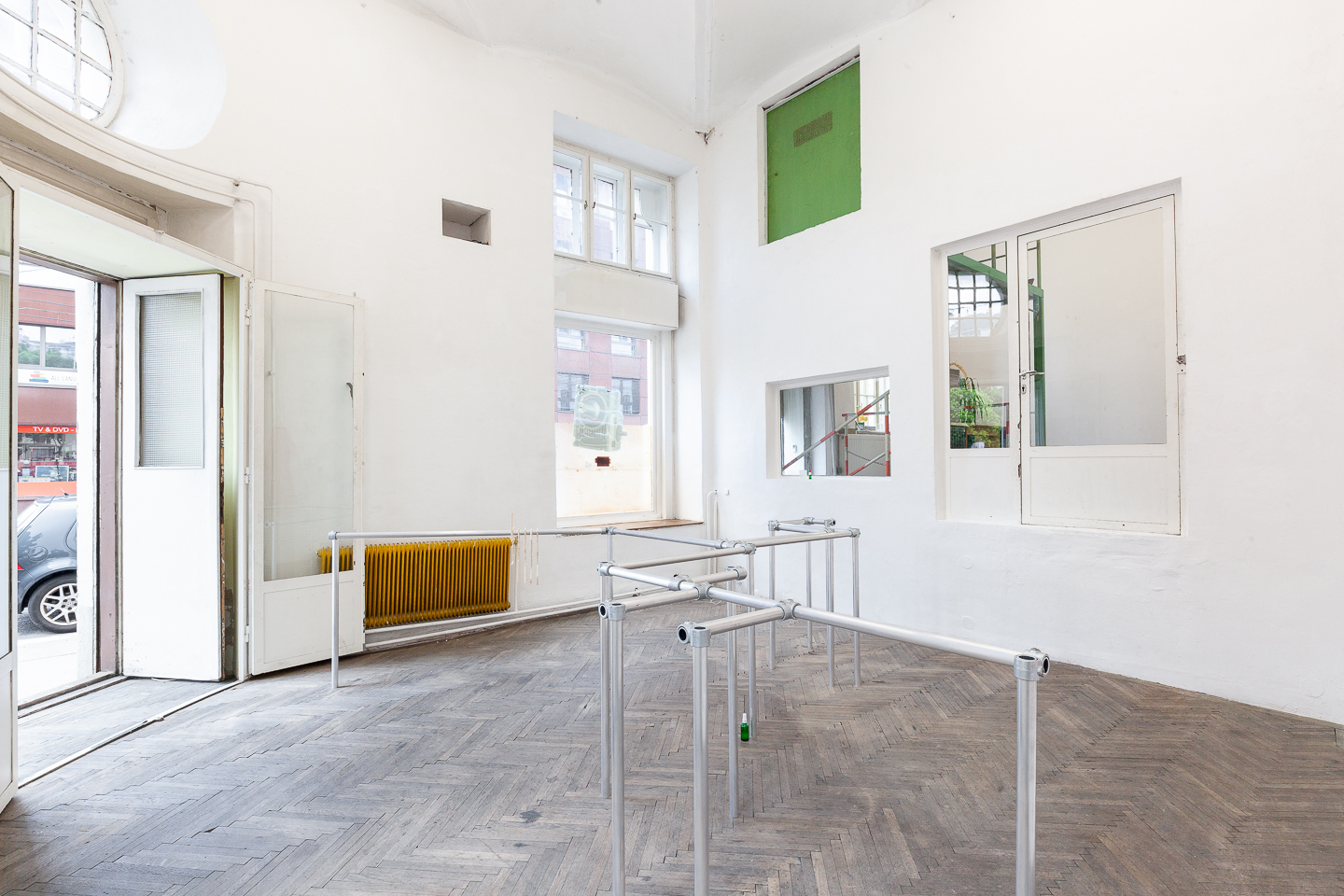
Installation view, Daniela Grabosch - WE ARE ALL ENTANGLED HYBRID ORGANISMS HERE., new jörg, 2023
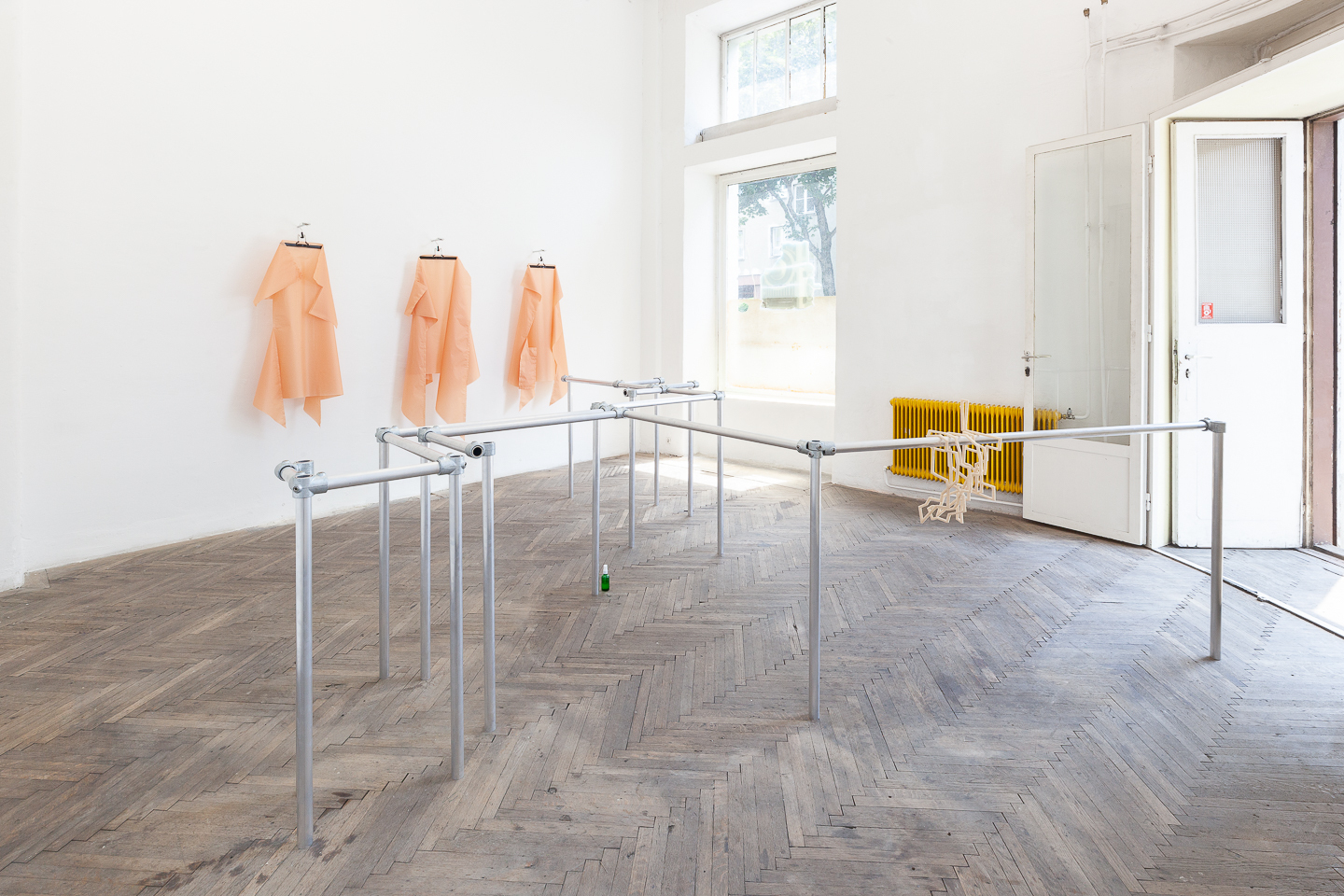
Installation view, Daniela Grabosch - WE ARE ALL ENTANGLED HYBRID ORGANISMS HERE., new jörg, 2023
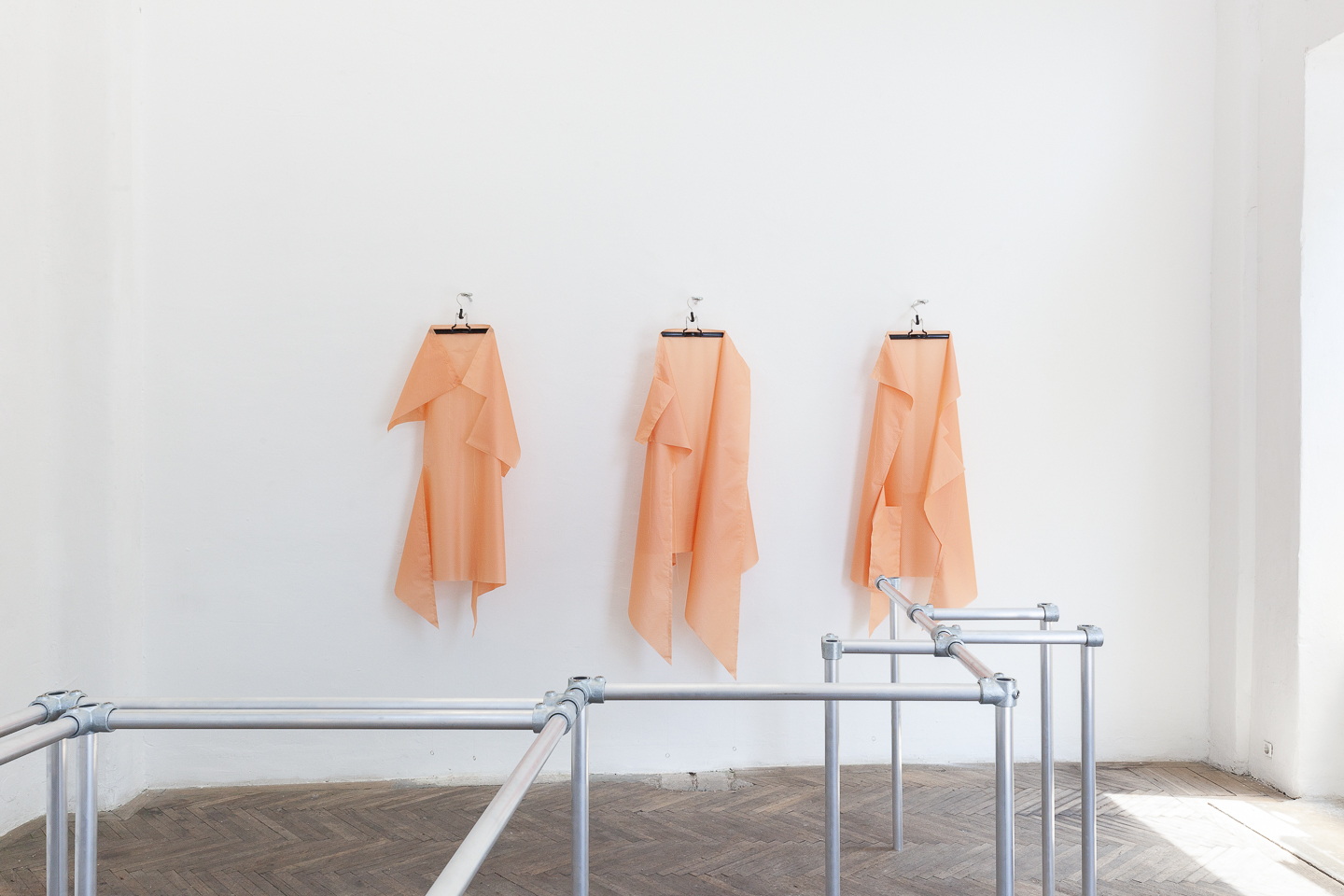
Installation view, Daniela Grabosch - WE ARE ALL ENTANGLED HYBRID ORGANISMS HERE., new jörg, 2023
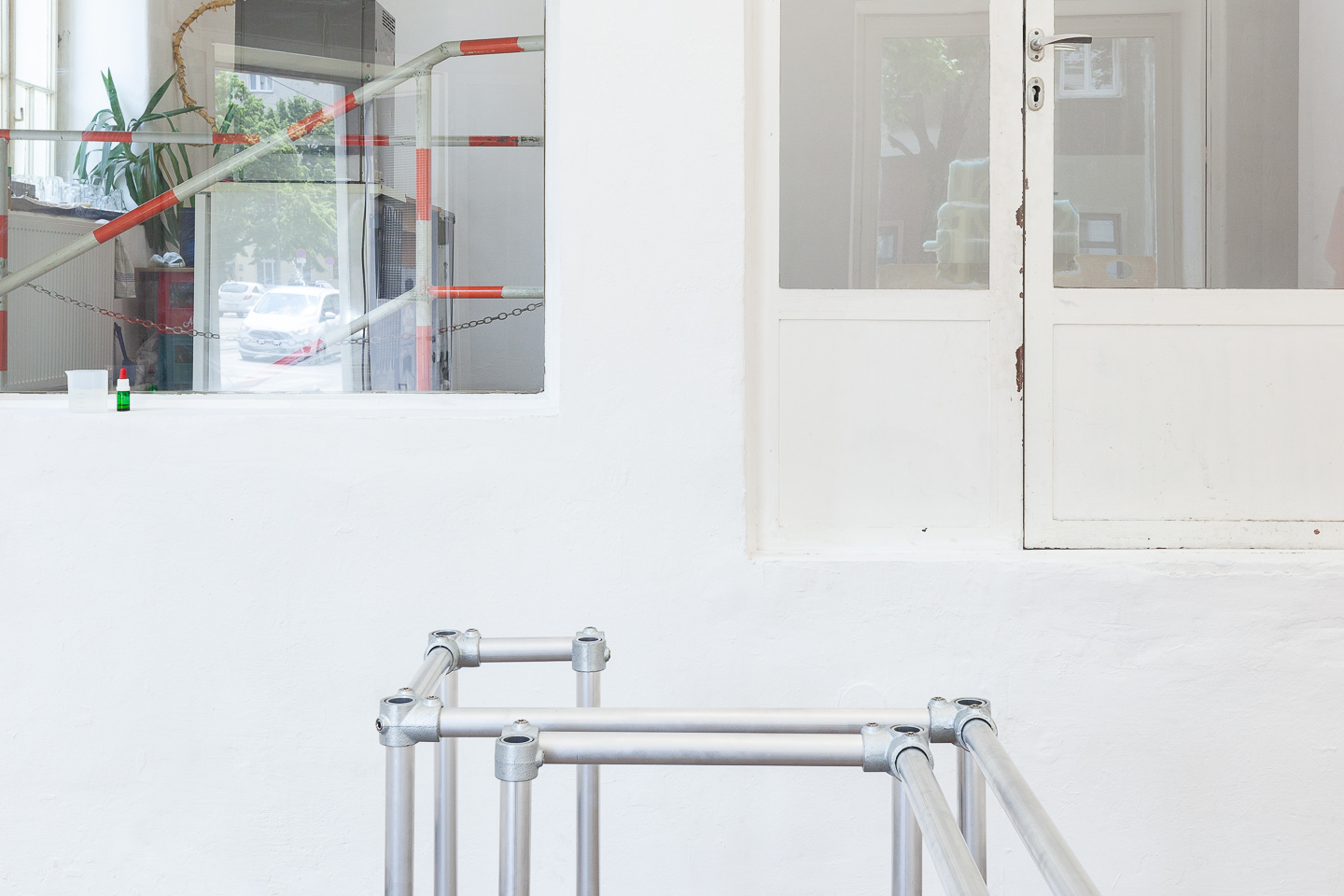
Installation view, Daniela Grabosch - WE ARE ALL ENTANGLED HYBRID ORGANISMS HERE., new jörg, 2023
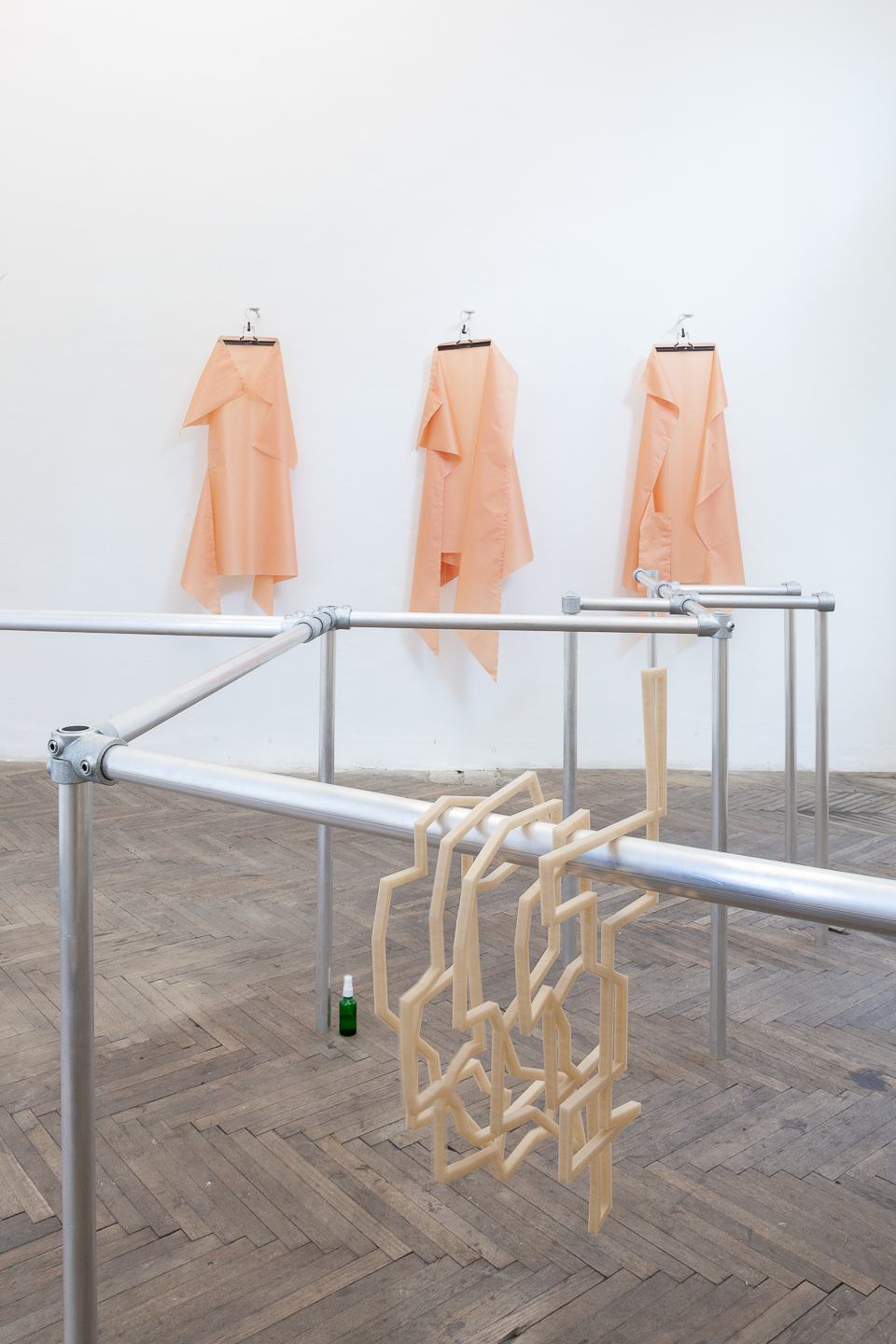
Installation view, Daniela Grabosch - WE ARE ALL ENTANGLED HYBRID ORGANISMS HERE., new jörg, 2023
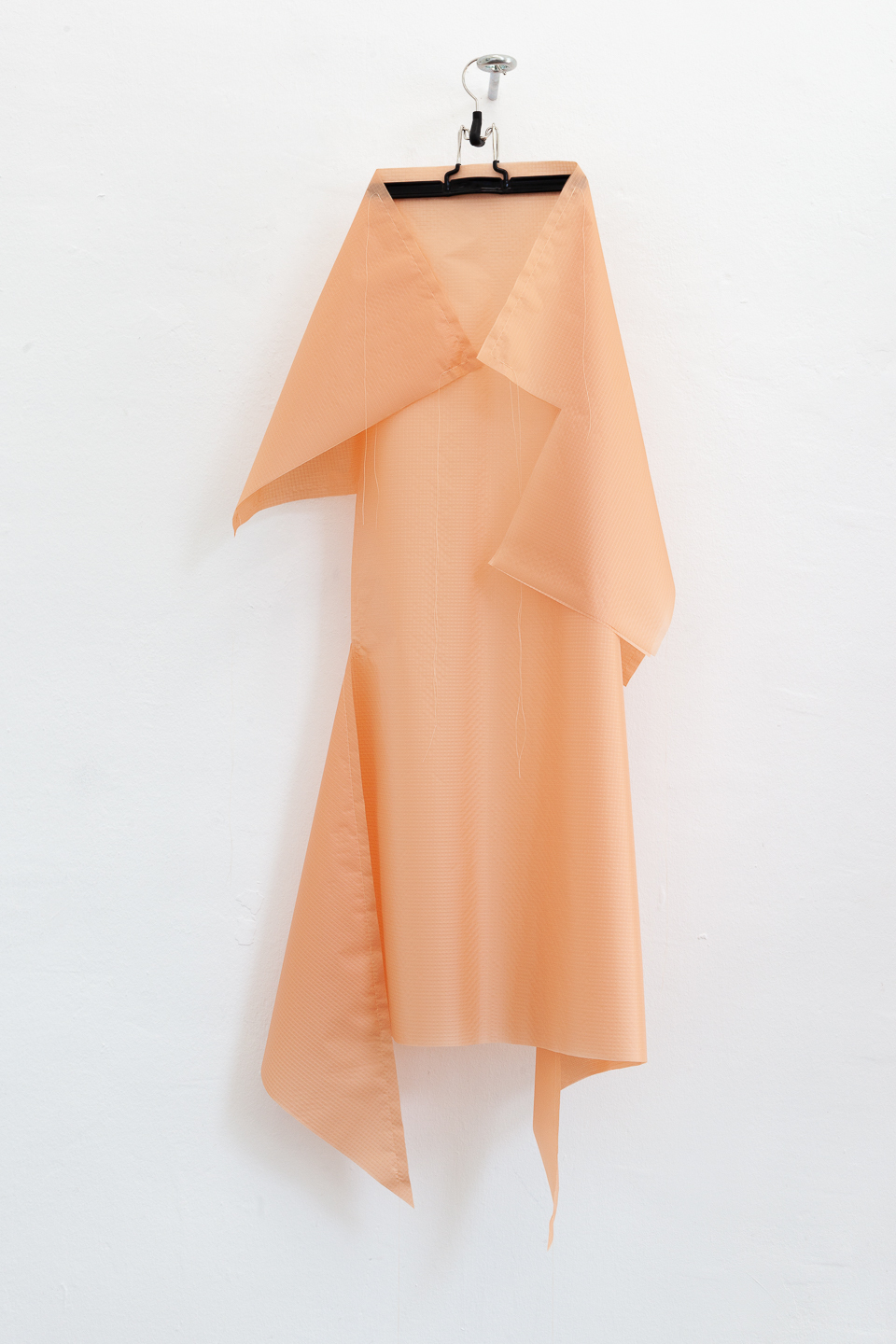
Installation view, Daniela Grabosch - WE ARE ALL ENTANGLED HYBRID ORGANISMS HERE., new jörg, 2023
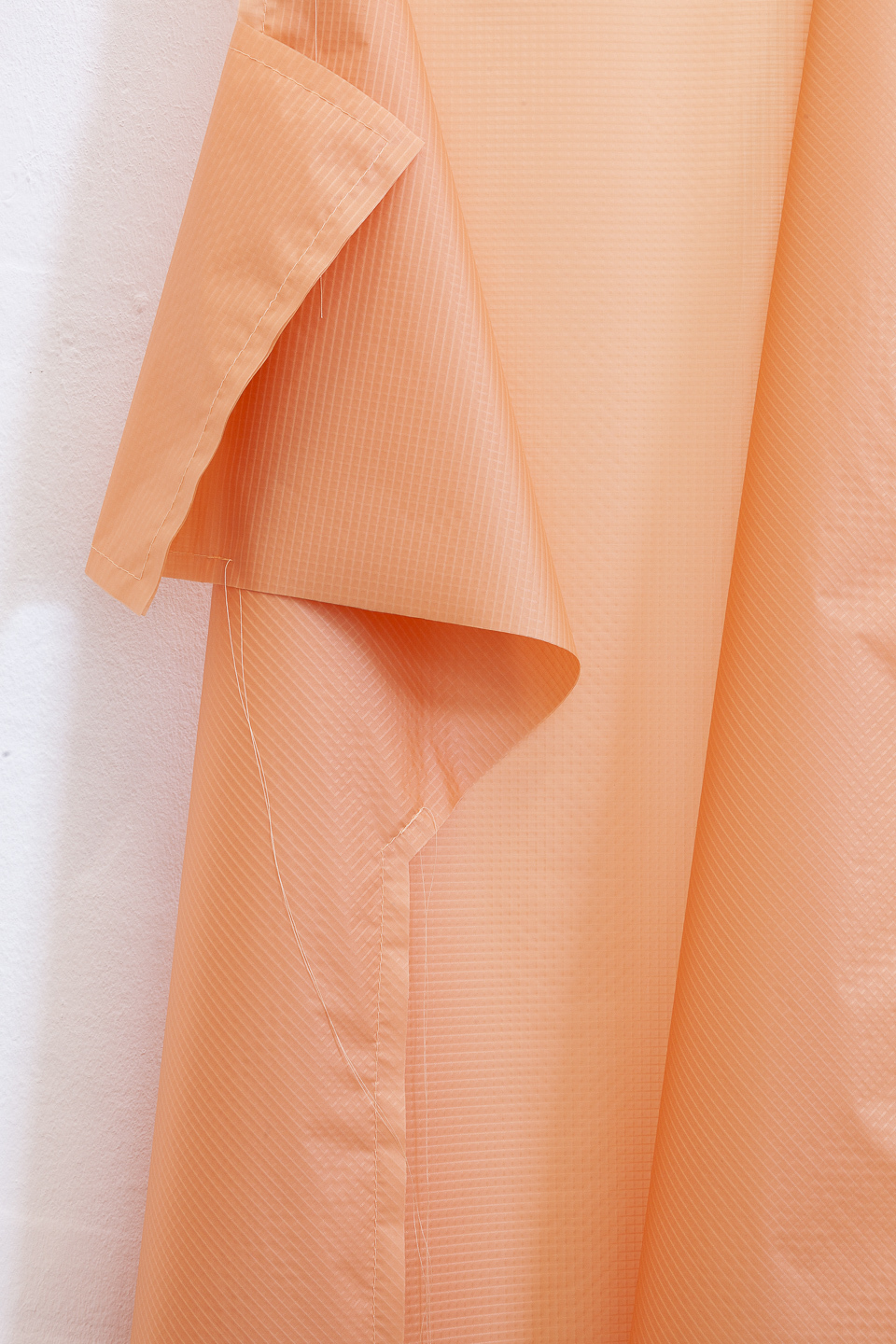
Installation view, Daniela Grabosch - WE ARE ALL ENTANGLED HYBRID ORGANISMS HERE., new jörg, 2023
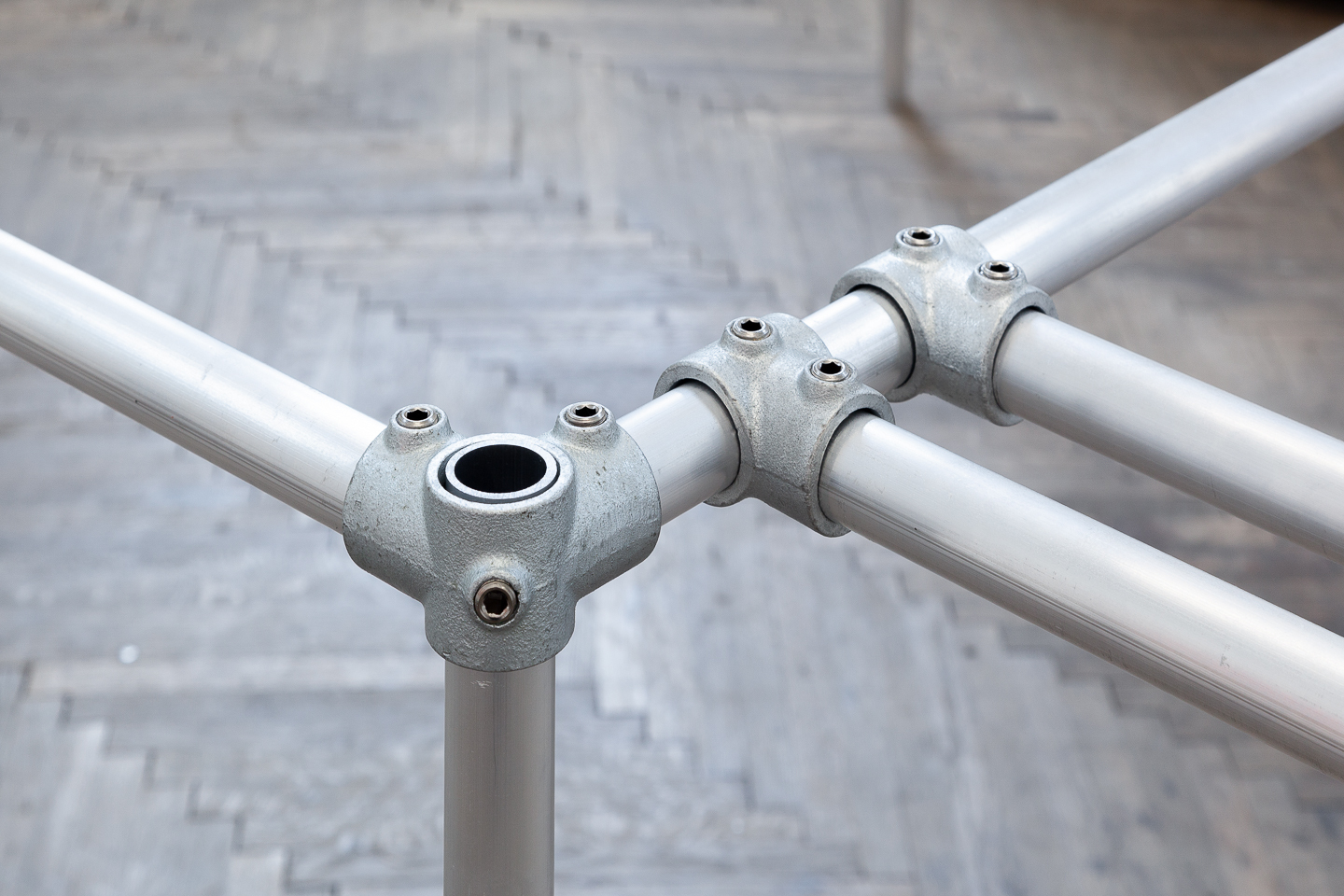
Installation view, Daniela Grabosch - WE ARE ALL ENTANGLED HYBRID ORGANISMS HERE., new jörg, 2023
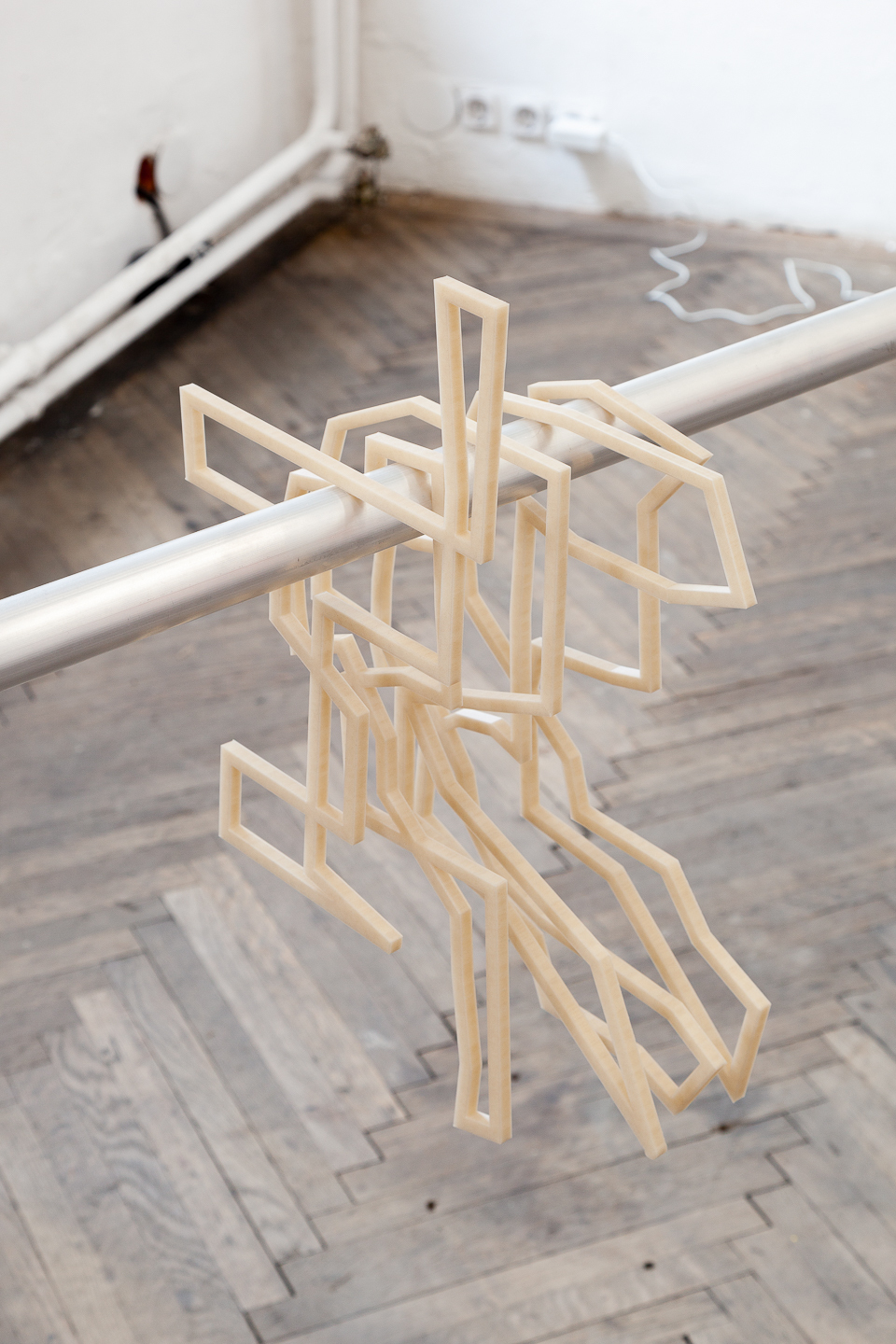
Installation view, Daniela Grabosch - WE ARE ALL ENTANGLED HYBRID ORGANISMS HERE., new jörg, 2023
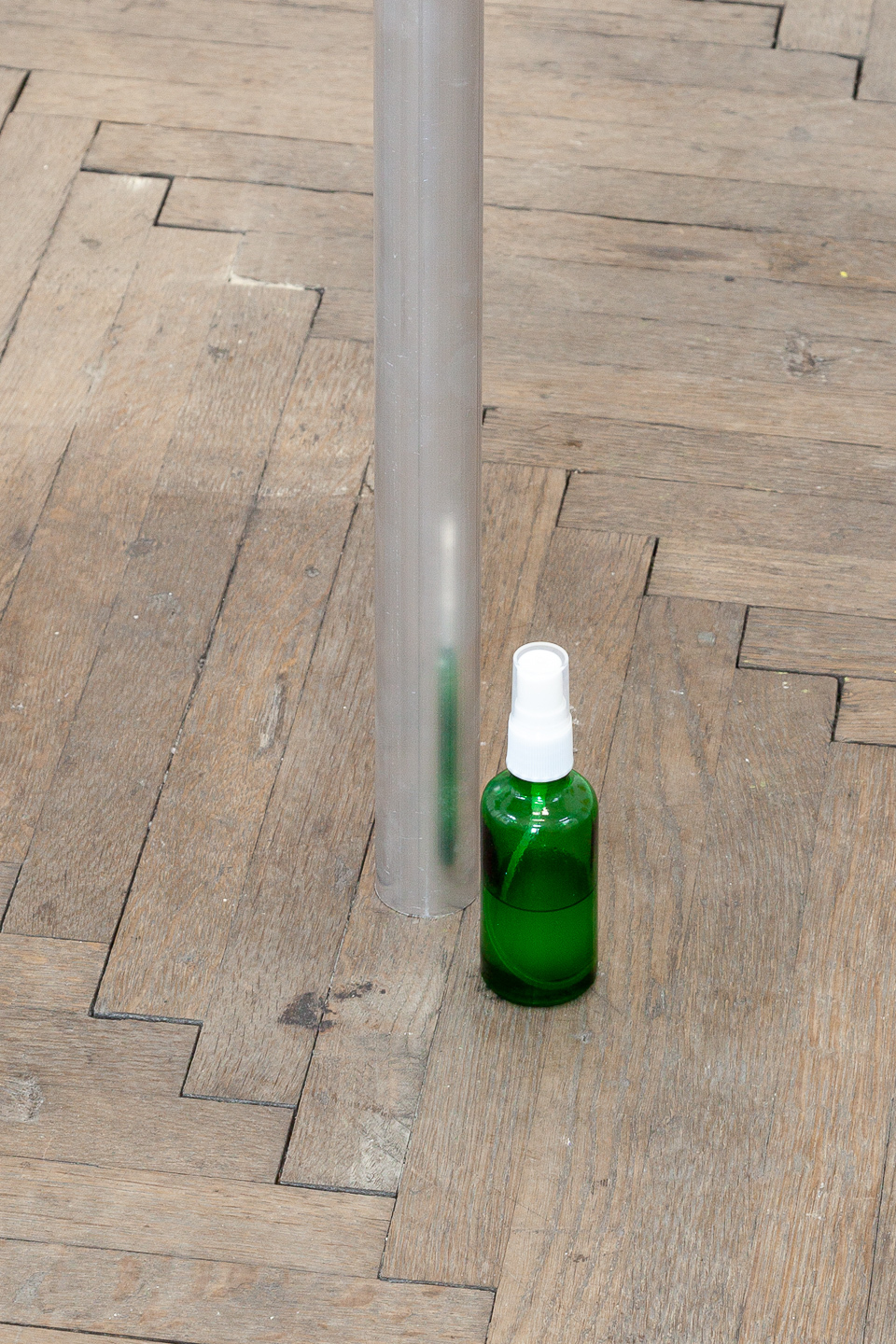
Installation view, Daniela Grabosch - WE ARE ALL ENTANGLED HYBRID ORGANISMS HERE., new jörg, 2023
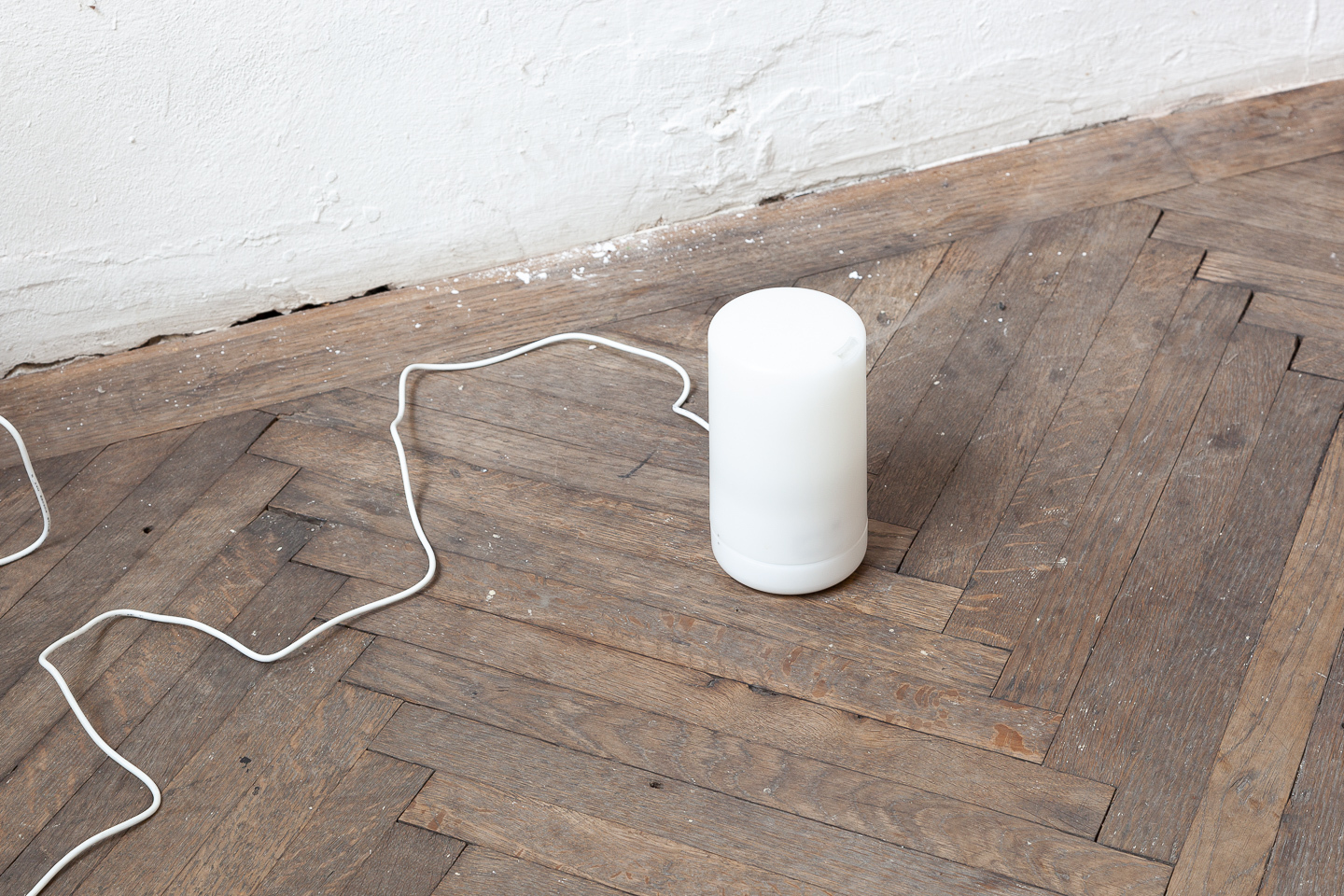
Installation view, Daniela Grabosch - WE ARE ALL ENTANGLED HYBRID ORGANISMS HERE., new jörg, 2023
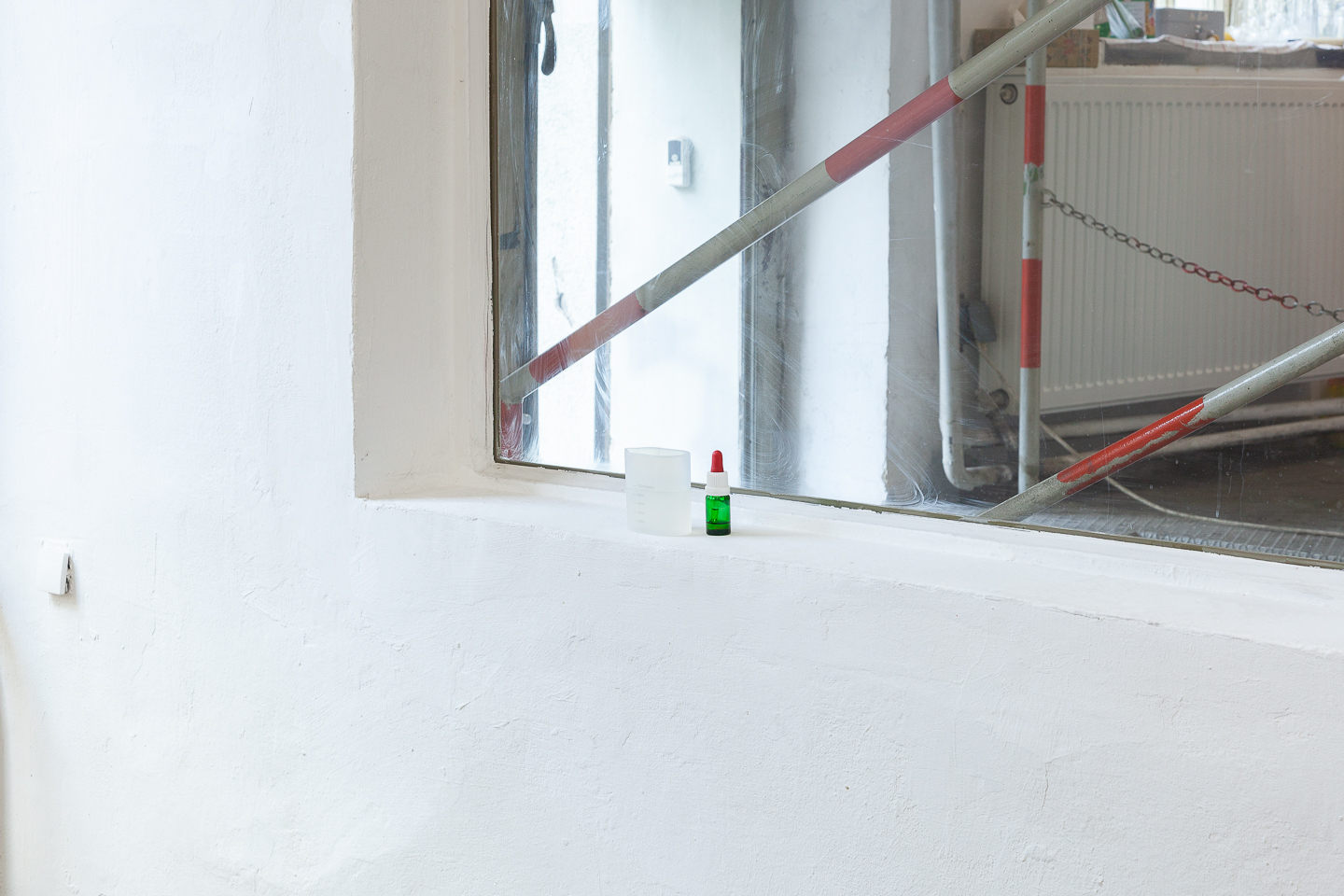
Installation view, Daniela Grabosch - WE ARE ALL ENTANGLED HYBRID ORGANISMS HERE., new jörg, 2023
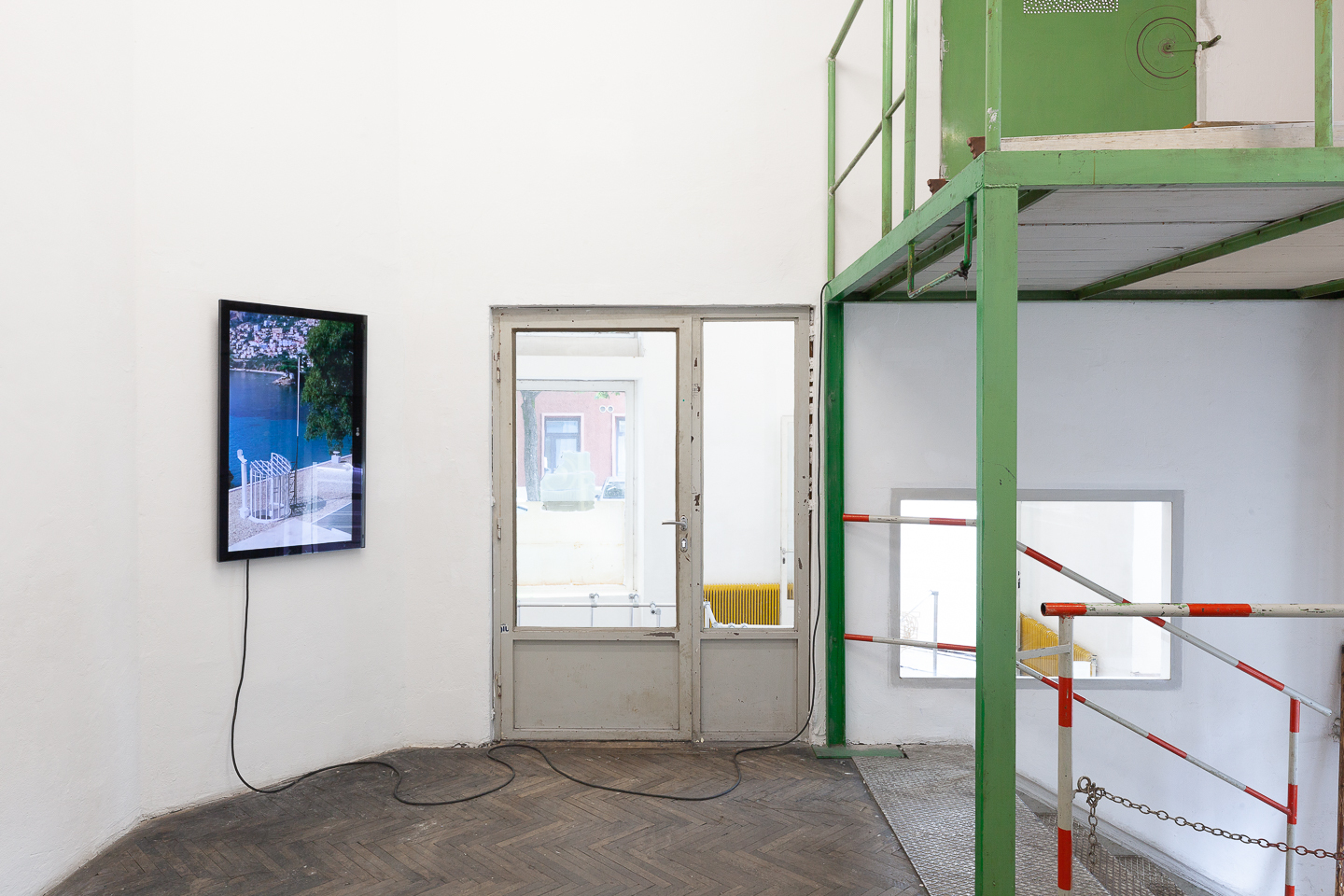
Installation view, Daniela Grabosch - WE ARE ALL ENTANGLED HYBRID ORGANISMS HERE., new jörg, 2023
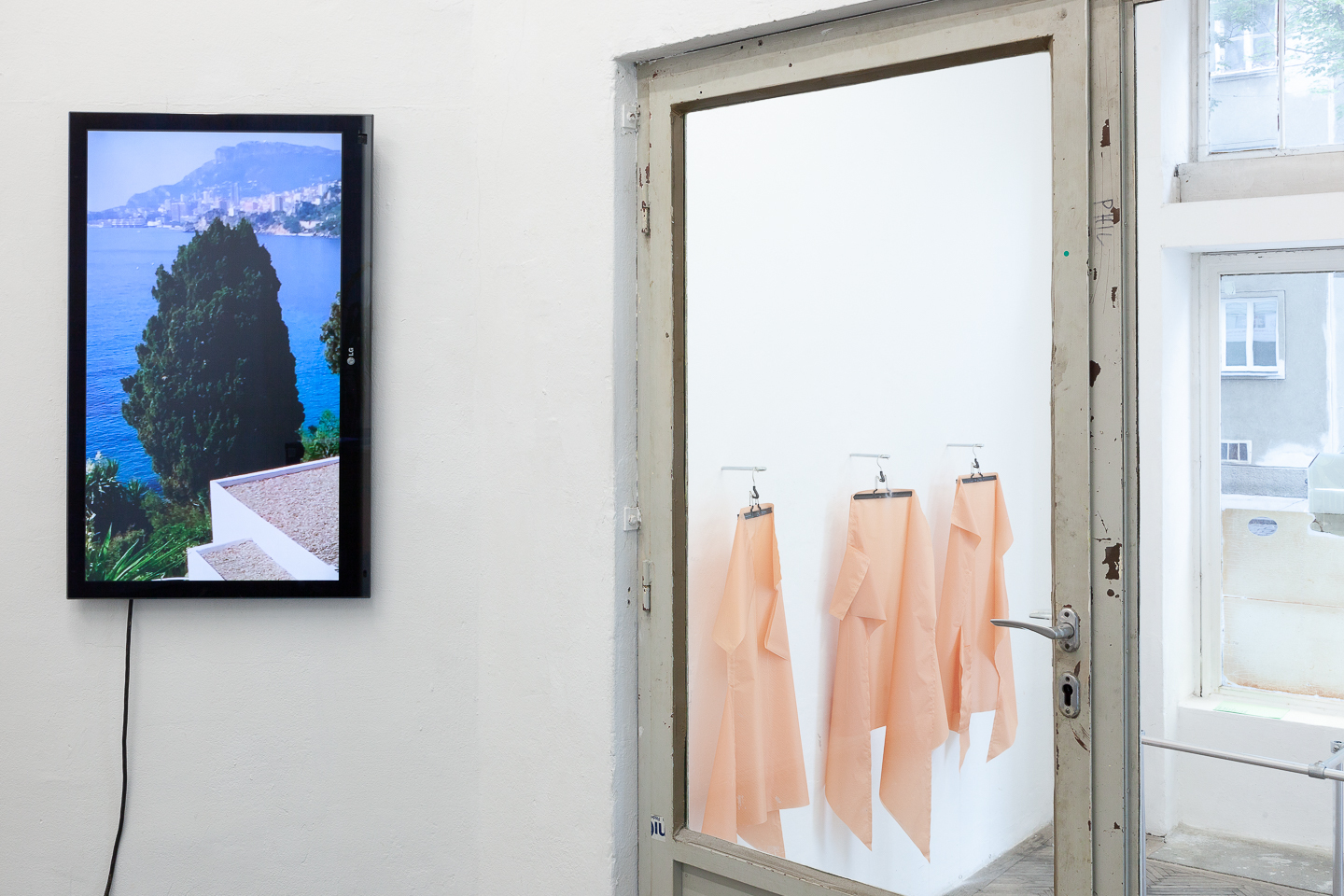
Installation view, Daniela Grabosch - WE ARE ALL ENTANGLED HYBRID ORGANISMS HERE., new jörg, 2023
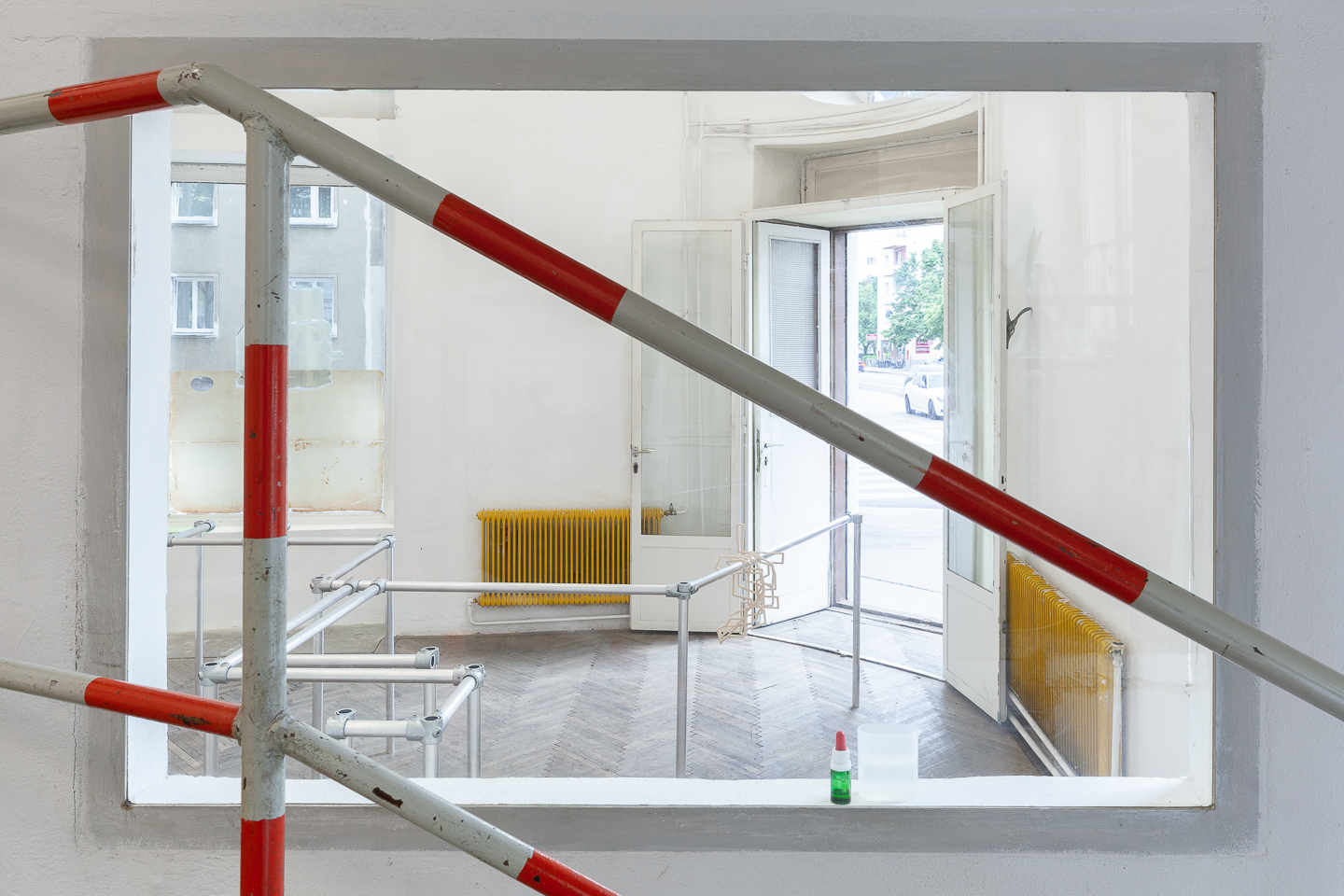
Installation view, Daniela Grabosch - WE ARE ALL ENTANGLED HYBRID ORGANISMS HERE., new jörg, 2023
WE ARE ALL ENTANGLED HYBRID ORGANISMS HERE.*1
Daniela Grabosch
Does the meeting of two people and the overlap of their spheres of action always require
their physical presence at the same time and same place? Or could their potential
encounter also be imagined and constructed by third parties? Daniela Grabosch's latest
series of works addresses these questions from various perspectives, with a focus on her
interest in "what if?". What if Eileen Gray and Le Corbusier could exchange ideas today
about the intersection of their spheres of action?
This question is difficult to answer with absolute certainty. However, in her research,
Grabosch finds artistic approaches by exploring Gray's work as an architect and
interpreting it as a representation of social hierarchies. The focus is on Gray's designed
residence, E-1027, which was destroyed by Le Corbusier in her absence and without her
knowledge, as he covered the conceptual white walls with large murals. He appropriated
the house as an act of revenge after Gray criticized Le Corbusier's architectural housing
concepts. WE ARE ALL ENTANGLED HYBRID ORGANISMS HERE.*1 is not the first
exhibition in which Grabosch artistically explores counterpoints to Le Corbusier and thus
engages with the representation of hierarchical power dynamics between genders.
Not coincidentally, and due to its significance, the work ENTREZ LENTEMENT— and
therefore Gray's voice — is the focus of the exhibition. The work is an instruction by the
architect on how to navigate through the foyer of E-1027. Grabosch translates it into the
tangible form of a large modular metal structure. In a smaller format, embedded within the
structure, the artist presents 3D prints of her own virtual movement patterns through the
house. The filament used for these prints consists of shells from France, thus completing
the circle with E-1027. Through these gestures, Grabosch empowers herself as a proxy for
Gray's architecture that was destroyed by Le Corbusier's violent act. The various movement
patterns through the building represent social constructs both within and outside of it. The
initial exploration of E-1027 culminated in the video work THERE WAS NO ONE TO TALK
TO—, which provides a view of the house and serves as the most concrete reference within
the exhibition. Another approach to the architecture is achieved through three (wearable)
fabric objects — the use of textiles as a femininely connoted material can be seen as a
reversal of the brutal gesture of destruction. The starting point for the shapes of these
prop-like fabric objects is a drawing made by Gray depicting the sunlight entering the
building at different angles. The color of the work OUR TRANSMITTING [DIS]APPEARANCE
WILL ONLY BE TEMPORARY, on the other hand, refers to a text about architectural
elements of E-1027 and the resulting color atmosphere.
Each living space is characterized by its own scent, often emanating from its occupants.
Grabosch attempts to bring E-1027 into the gallery space and the present moment beyond
the purely visual perception through the scent developed specifically for the exhibition in
collaboration with Anna Thomas. The imagined conversation between Gray and Le
Corbusier, as well as the plants in the building's garden, serve as a starting point for the
ingredients of the scent. The interesting aspect of artistic work with smells is that there are
hardly any linguistic tools to describe them. The direct presence of one's own body in the
exhibition space is necessary to experience the work. With WHERE INTIMACY IS FOLDED
AROUND ITSELF, Grabosch brings the visitors back to the present after delving into E-1027
and its past. References to Gray's architecture remain as objects in the exhibition space.
This gesture is an attempt to initiate the imagined dialogue between the architect and the
architect across time and space, bringing it from the past to the present.
[Text: Louisa Behr] [Translated with ChatGPT]
[*1 based on a quote by Donna Haraway]
Louisa Behr
